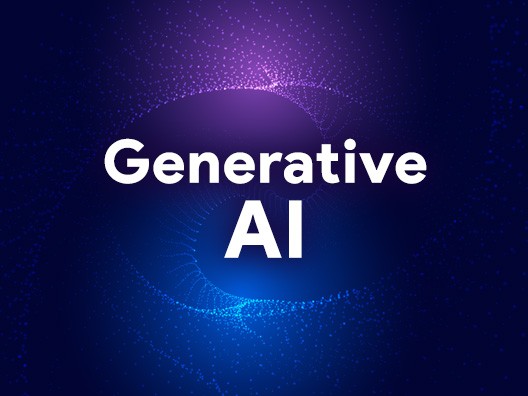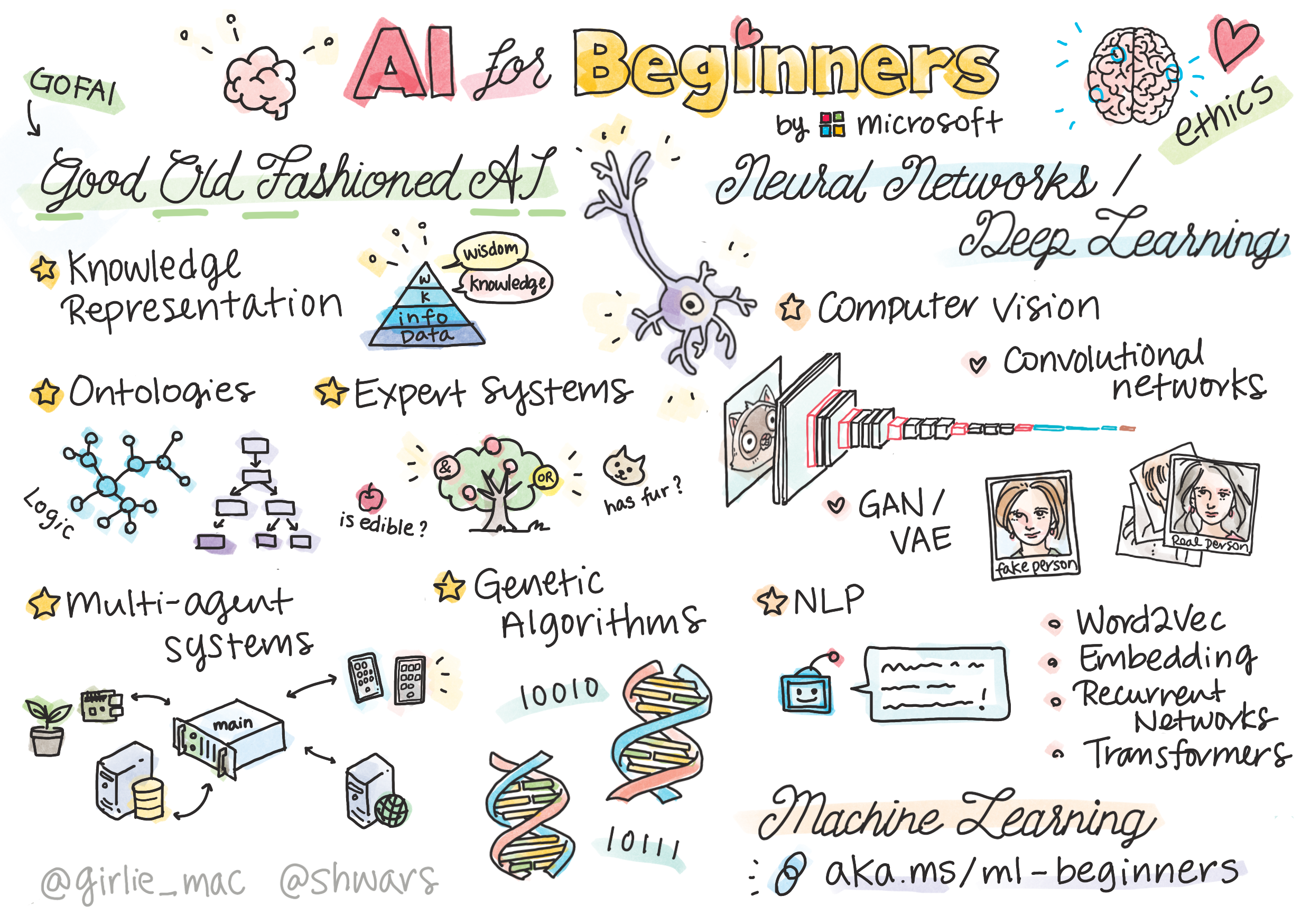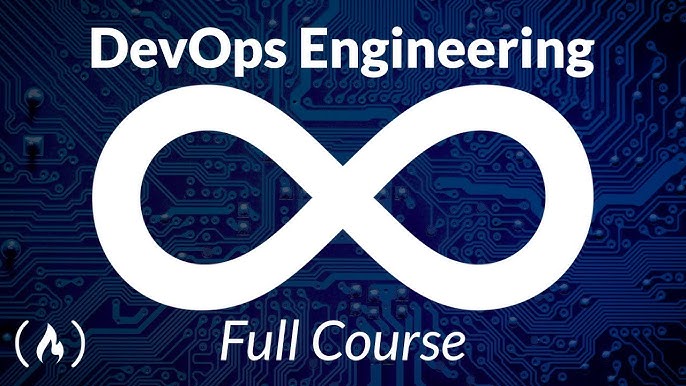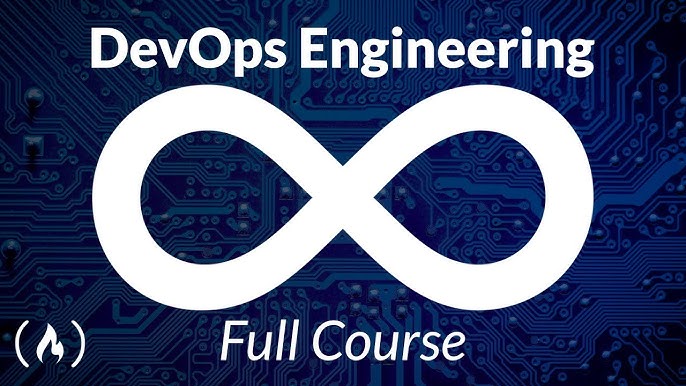Beginner's Guide to AI Learn Key Concepts in Our Introductory Course

Beginner's Guide to AI: Learn Key Concepts in Our Introductory Course. Unlock the world of tech with our Beginner's Guide to AI. Dive into key concepts & boost your knowledge in our easy-to-follow introductory course!

What is Artificial Intelligence?
Artificial Intelligence (AI) refers to the simulation of human intelligence in machines that are programmed to think & learn like humans. The concept encompasses a variety of technologies designed to replicate human cognition processes, including learning, reasoning, problem-solving, & perception. AI has been implemented in various fields such as robotics, natural language processing, machine learning, & more. With increasing integration into daily life, AI applications can be observed in personal assistants like Siri & Alexa, recommendation systems on platforms like Netflix, & customer service bots on websites. This Beginner's Guide to AI: Learn Key Concepts in Our Introductory Course aims to clarify the key principles of AI, aiding those new to the field to grasp foundational ideas effectively.
Types of AI: Narrow & General AI
AI can be categorized into two main types: Narrow AI & General AI. Narrow AI deals with specific tasks & is designed for functionality within a limited domain. Most of the AI we interact with today is Narrow AI, excelling at tasks like playing chess, classifying images, or providing personalized content recommendations. For instance, a program that analyzes images to detect faces is an example of Narrow AI. Conversely, General AI is a theoretical concept that encompasses AI systems with the ability to understand, learn, & apply knowledge across a wide range of tasks akin to human intelligence. Currently, General AI remains unachieved, with researchers continuing to explore its potential. Understanding these distinctions allows learners to appreciate the existing & evolving capabilities of AI technologies through this Beginner's Guide to AI: Learn Key Concepts in Our Introductory Course.
Key Concepts in AI: Machine Learning, Deep Learning, & Neural Networks
Machine Learning (ML), a subset of AI, involves algorithms that enable computers to learn from data. Through training, these systems improve their performance over time without being explicitly programmed. Deep Learning, a more advanced subset of ML, mimics the human brain's network of neurons. It automates feature extraction by using multiple layers of artificial neural networks, effectively analyzing vast amounts of complex data with remarkable accuracy. Considering how they function, here are some important distinctions:
Concept Description
Machine Learning Algorithms learn from data to make predictions or decisions without explicit programming.
Deep Learning Complex neural networks process high-dimensional data for tasks like image recognition.
Neural Networks are critical structures in AI that consist of interconnected nodes (or neurons). Each node functions like a computational unit, receiving input, performing calculations, & generating output. This structure enables AI systems to recognize patterns & make predictions based on learned data. The integration of these concepts provides a foundation for effective AI application. Engaging with these topics through our Beginner's Guide to AI: Learn Key Concepts in Our Introductory Course will enhance comprehension of how AI analyzes vast datasets & improves its accuracy over time.
Applications of AI in Everyday Life
Artificial Intelligence has a pervasive presence in various sectors, impacting daily activities & professional environments. From healthcare to finance, AI enhances efficiency & offers innovative solutions. In healthcare, AI algorithms assist in diagnosing medical conditions by analyzing medical imaging & patient data. In the financial sector, AI algorithms identify fraudulent transactions by analyzing spending patterns, thereby enhancing security. Below are some notable areas where AI applications are prominent:
Healthcare Diagnostics
Personal Finance Management
Customer Support Bots
Smart Home Devices
On top of that, industries utilize AI for predictive maintenance in manufacturing, optimizing supply chains in logistics, & delivering personalized experiences in retail. Each application showcases AI's capability to improve processes & outcomes efficiently. By exploring these practical uses through this Beginner's Guide to AI: Learn Key Concepts in Our Introductory Course, learners gain insights into AI's real-world relevance & potential impact.
Ethical Considerations in AI Development
The rapid advancement of AI raises significant ethical questions about its implications on society. Issues such as data privacy, bias in algorithms, & the potential for job displacement are critical discussions within the field. For instance, algorithms trained on biased datasets can produce discriminatory outcomes, impacting marginalized groups adversely. Transparency in AI decision-making must also be prioritized to build trust among users. Organizations developing AI systems must implement mechanisms to ensure ethical guidelines are followed. Key considerations include:
Ethical Concern Description
Data Privacy Safeguarding personal information against unauthorized access & misuse.
Algorithmic Bias Avoiding discrimination by ensuring diverse datasets for training models.
Transparency Providing clear information on how AI decisions are made.
Being proactive about these ethical issues prepares learners with the awareness necessary for responsible AI use. Addressing these considerations is crucial for ensuring that AI serves humanity positively & does not lead to unintended consequences. Participating actively in discussions surrounding these topics through our Beginner's Guide to AI: Learn Key Concepts in Our Introductory Course fosters informed perspectives on developing ethical AI technologies.
How to Get Started with AI Learning
Starting a journey in AI can be exciting yet overwhelming. A structured approach can facilitate effective learning. First, familiarize yourself with essential concepts by reading introductory materials or taking online courses. Next, engage with interactive platforms to practice coding & apply theoretical understanding. Numerous resources are available, including:
Online Courses (Coursera, edX)
Interactive Coding Platforms (Kaggle, Codecademy)
Books & Research Papers
AI Communities & Forums
And another thing, working on small projects allows learners to consolidate knowledge & gain hands-on experience. Start with simple tasks, such as developing a chatbot or a basic image classifier. Participating in coding challenges or open-source projects further improves skills. Our Beginner's Guide to AI: Learn Key Concepts in Our Introductory Course serves as a foundation for those ready to explore AI in a structured manner, equipping you with prime tools for your learning journey.
"Artificial Intelligence is not a substitute for human ingenuity; instead, it is a tool that can enhance human capabilities." - Berneice Simonis
Common Challenges Faced by Beginners in AI
While starting with AI is promising, beginners often encounter several challenges that may hinder their progress. One common issue is the overwhelming volume of information available online. With countless resources, identifying those that align with one's goals can be difficult. And another thing, grasping mathematical & statistical concepts is essential for understanding many AI frameworks. Many learners struggle with this aspect since prior knowledge may vary. Other issues include:
Difficulty in applying theoretical knowledge to practical scenarios
Understanding the nuances of programming languages such as Python or R
Finding supportive communities for discussion & guidance
By proactively addressing these challenges & seeking mentorship or collaboration opportunities, learners can build confidence in their abilities. Engaging with our Beginner's Guide to AI: Learn Key Concepts in Our Introductory Course can help navigate these challenges effectively, providing strategies for overcoming potential hurdles.
FAQs
What prerequisites do I need for this AI course?
There are no strict prerequisites for our course, but having a basic understanding of programming concepts & high school-level mathematics can be beneficial. Enthusiasm for learning AI is the most important aspect.
How long will it take to complete the AI course?
The duration of the course varies per individual, depending on the pace of study & practical engagement. On average, learners may complete the course within 4-6 weeks with consistent effort.
Can I get a certificate after completing the AI course?
Yes! Upon completion of the course, participants will receive a certificate as a recognition of their understanding of key AI concepts.
How often is the course content updated?
Course content is regularly reviewed & updated to reflect the latest advancements & trends in the field of AI to ensure relevance & accuracy.
Beginner's Guide to AI
Engaging with AI opens doors to numerous opportunities across diverse industries. Embracing the basics through our Beginner's Guide to AI: Learn Key Concepts in Our Introductory Course provides a solid foundation to explore this exciting field. By developing an understanding of AI's applications, types, ethical considerations, & practical learning paths, individuals prepare themselves to contribute meaningfully to future innovations. The journey may present challenges, but the transformative potential of AI is immense & worthwhile.






